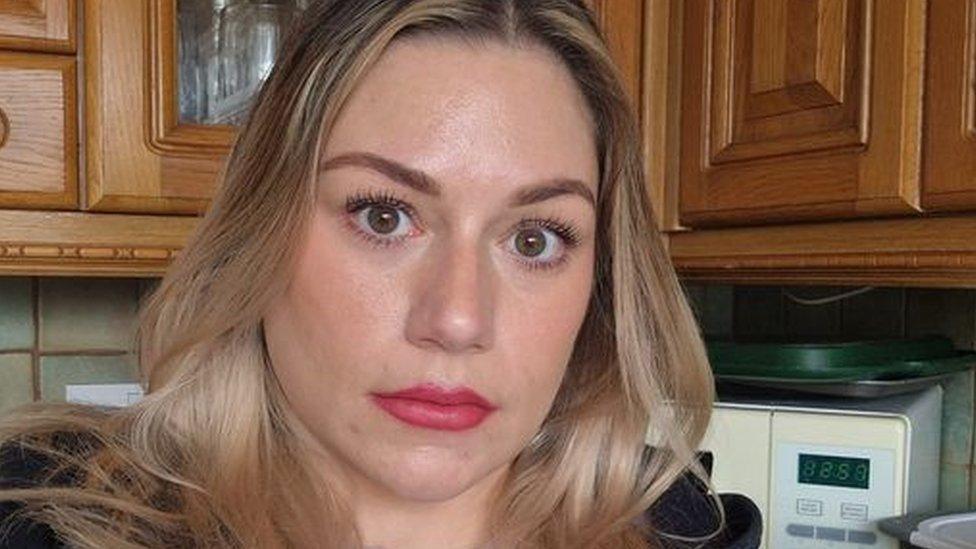Retiring landlords risk fuelling rental shortage
- Published
- comments

A generation of landlords with buy-to-let mortgages are retiring and selling up, leaving fewer properties to rent, an estate agency has said.
Hamptons Estate Agents estimates around 140,000 people who bought property in the 1990s to rent out sold them last year to fund their retirements.
The agency warned numbers were likely to continue rising and new landlords were not filling the gap left behind.
Younger people do not have the money to invest in rental properties, it said.
Hamptons said its research was based on its network of agents and data from the Office for National Statistics. It added it was reflective of the entire rental market which currently has a pool of 2.75 million landlords.
Age was the dominant reason for the exodus, but lower-than-average returns on investments, the general economy, tax and regulatory changes were also to blame, it said.
Researcher Aneisha Beveridge said this "combination of everything" meant older landlords had simply had enough.
While rents for new tenants were relatively high, "quite a high proportion" of older landlords had long-term sitting tenants that achieved relatively low returns, Ms Beveridge said.
"But some are not selling up all of their properties, they're just selling one or two so they can afford a cruise or time on the golf course or to be able to help their families," she added.
The research found about 96,000 landlords will turn 65 each coming year across Great Britain.
It said this was in addition to the 924,000 who were already over the age of 65, and that between 2010 and 2022 the number of landlords retiring annually had doubled.
The agency found London was most affected as many of the first buy-to-let mortgages were used for new, low-rise city centre flats - the highest proportion of properties being sold by long-term landlords.
Hamptons also noted the departing landlords left a gap in the sector that was not being filled by a new generation of investors.
"The numbers don't stack up," Ms Beveridge said. "Look at how the demographics have changed for younger people struggling to afford to own their own home, let alone a buy-to-let."
The agency said while house price growth continued to slow, rents were still rising sharply.
While there was a little more choice of rental properties this year compared with 2022, overall the number of rental homes on the market seemed to have found a "new normal" at nearly two-thirds below pre-pandemic levels.
Campaign group Generation Rent, which works to raise awareness of the issues facing tenants, said "we shouldn't be surprised" by the trend of ageing landlords selling up.
Spokesman Dan Wilson Craw said: "For nearly the past three decades the government has relied on amateurs saving for retirement to provide a large proportion of the nation's homes.
"The real problem is the chronic failure to build enough homes in places where people want to live."
Related topics
- Published13 April 2023

- Published29 March 2023
